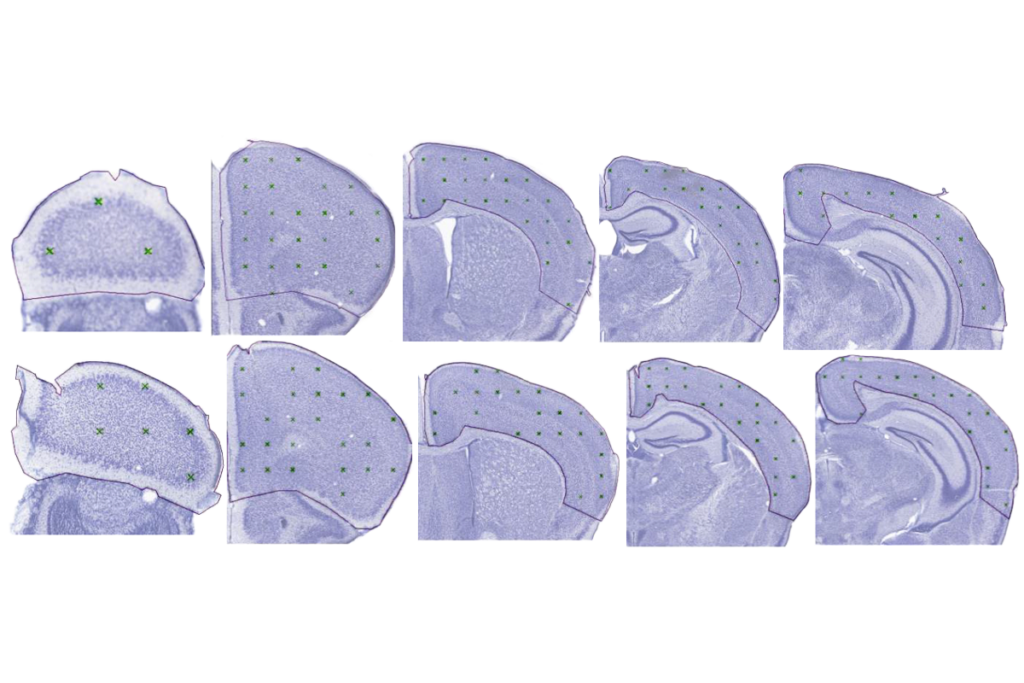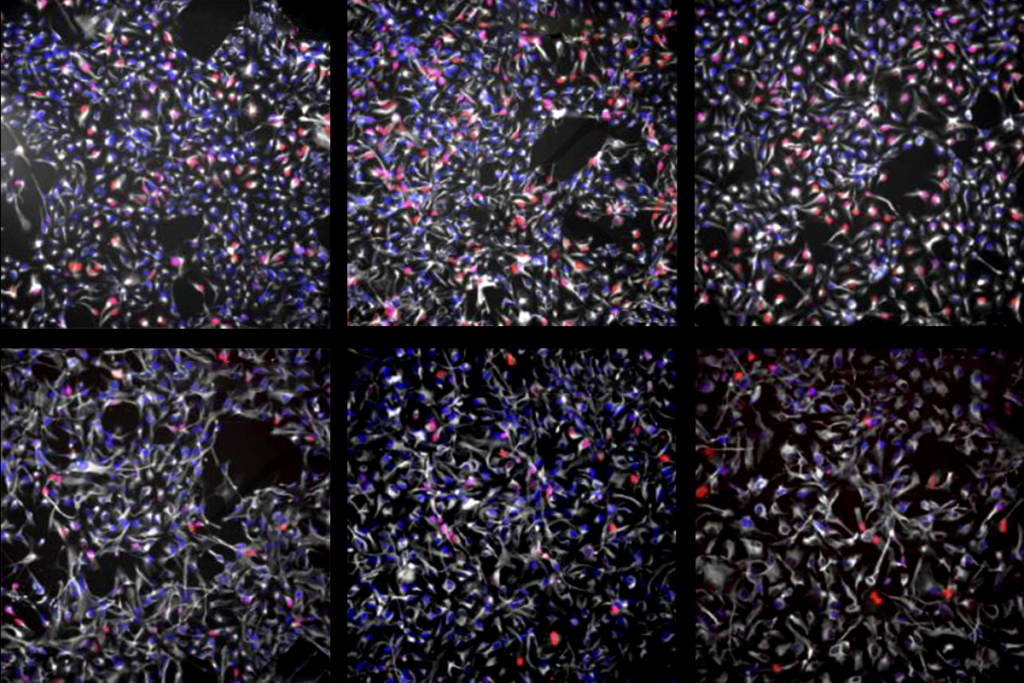A former anti-vaccination blogger has retracted his critique of a study that found no link between the measles-mumps-rubella (MMR) vaccine and autism.
The blogger, Jake Crosby, ran the now-defunct site “Autism Investigated”—where he wrote and edited posts that supported the false link between vaccines and autism—from 2013 to the end of 2020.
In his now-retracted commentary, published in September 2019 in the Annals of Internal Medicine, Crosby critiqued the statistical methods of a paper, published in March 2019 in the same journal, that found no difference in autism prevalence between vaccinated and unvaccinated children in a cohort of nearly 660,000 people born in Denmark.
Crosby retracted the article because he “is no longer confident about the validity of some of the cited supporting information,” according to the retraction notice posted in the journal on 21 May.
“I don’t care, because I don’t understand why he’s retracting it,” says Anders Peter Hviid, lead investigator of the 2019 study and professor of epidemiology at Statens Serum Institut. “I mean, why, after so many years?”
Crosby did not respond to several requests for comment from The Transmitter.
C
rosby’s critique cited a 2004 editorial by Andrew Wakefield, the former physician who falsified data in a since-retracted 1998 study that purportedly linked the MMR vaccine to autism. Wakefield’s editorial alleged that Hviid and his colleagues had skewed their findings in a 2002 study that found no link between the MMR vaccine and autism, because they had controlled for age, a criticism Crosby repeated in his 2019 comment.But controlling for age is an appropriate way to analyze this type of observational cohort data, Hviid says. In the study’s raw data, there appear to be more autistic children in the group that received the MMR vaccine than in the group that did not. But this is because the vaccine is administered at 12 to 15 months of age, and autism is an age-linked condition—so the unvaccinated group includes a large number of children who are both too young to receive the vaccine and to be diagnosed with autism, Hviid says.
He and his colleagues accounted for this in both studies by adjusting for age. The adjusted analysis produced the main findings of the two studies: Vaccinated children do not have a higher chance of having autism than unvaccinated children. Hviid outlined this explanation in a 2019 response to Crosby’s commentary.
Crosby also claimed that the study demonstrated an association between the MMR vaccine and autism in children who have an autistic sibling, “which we clearly have not,” Hviid says.
Crosby’s critique is a common one for anti-vaccination activists, Hviid says. “They say we somehow are trying to obfuscate or conceal this clear association with all kinds of hocus pocus. But it’s not hocus pocus; it’s clearly just how you should analyze this kind of data.”





